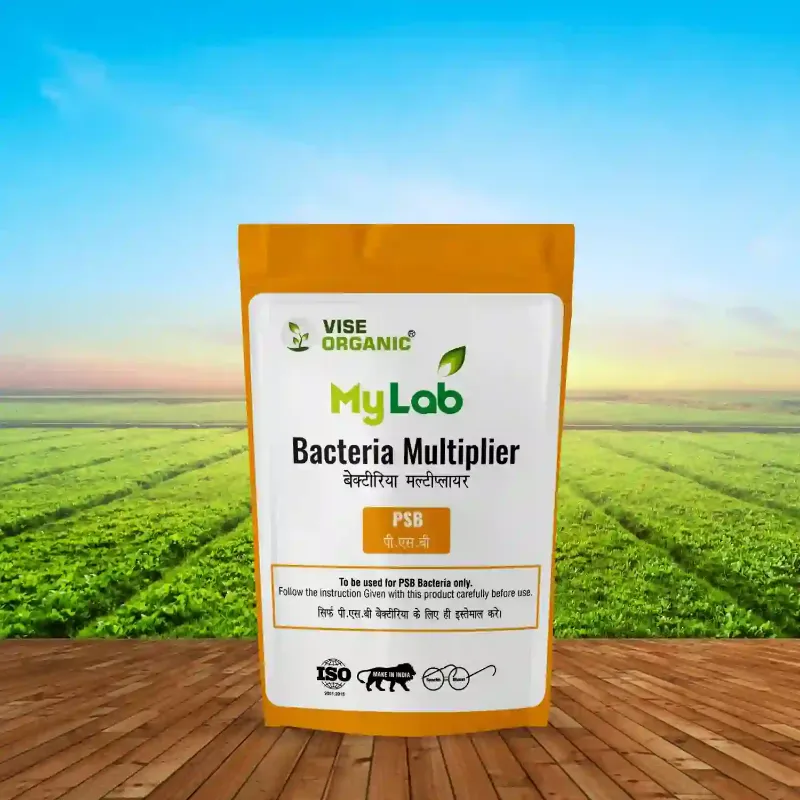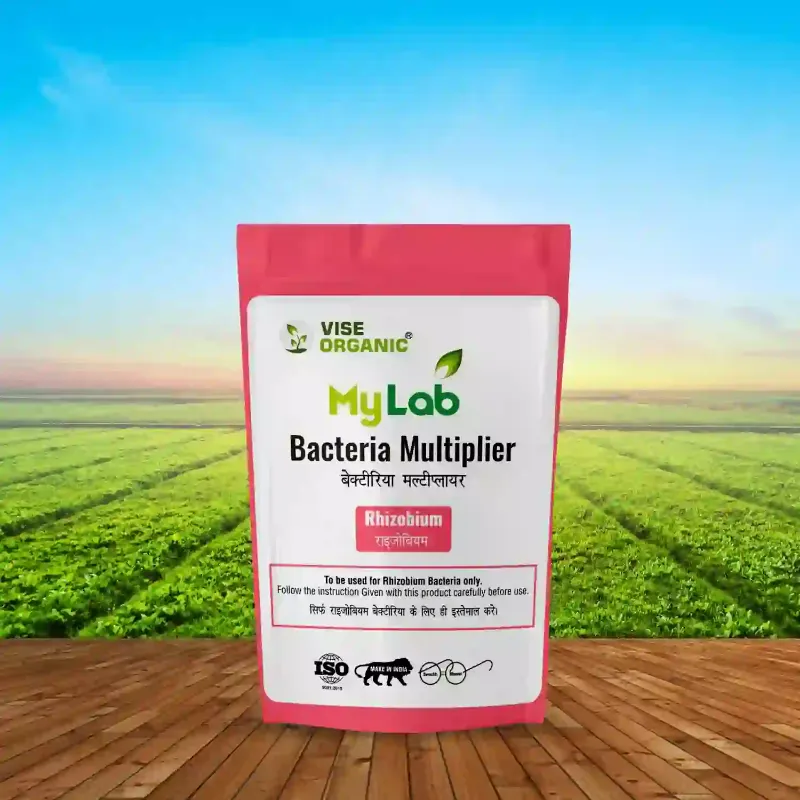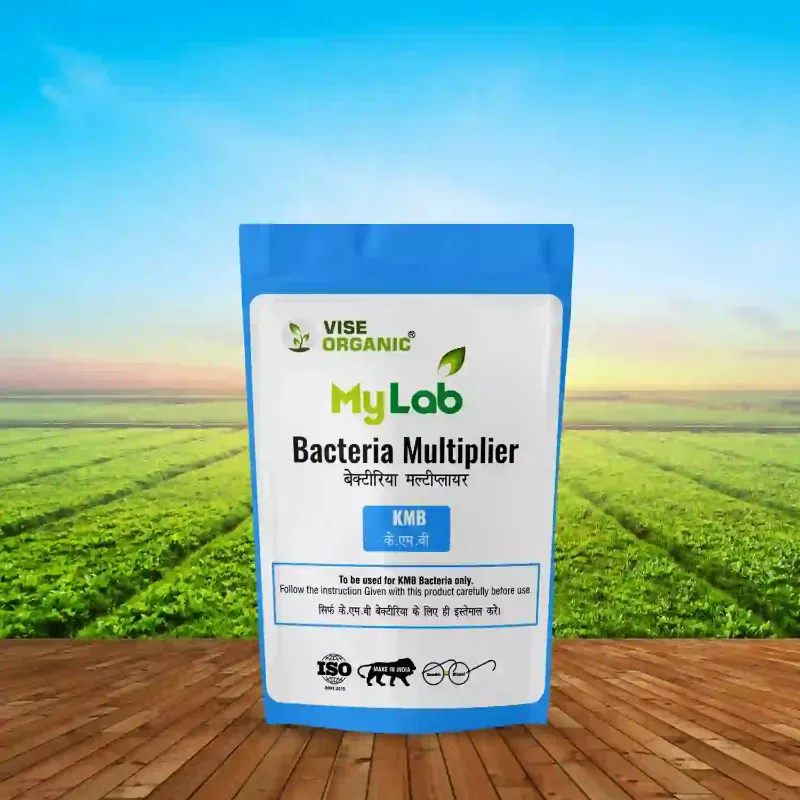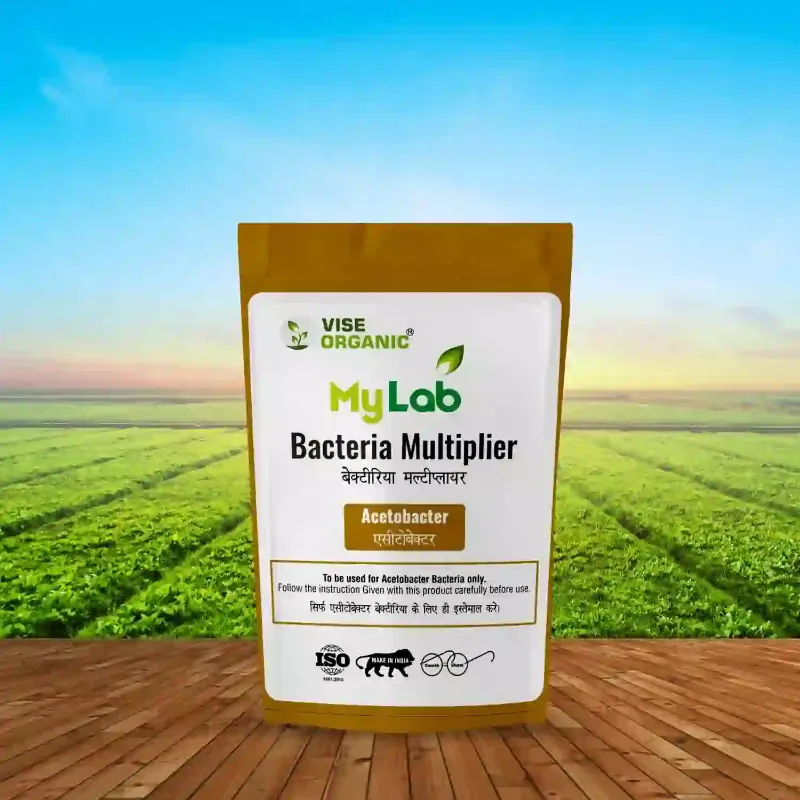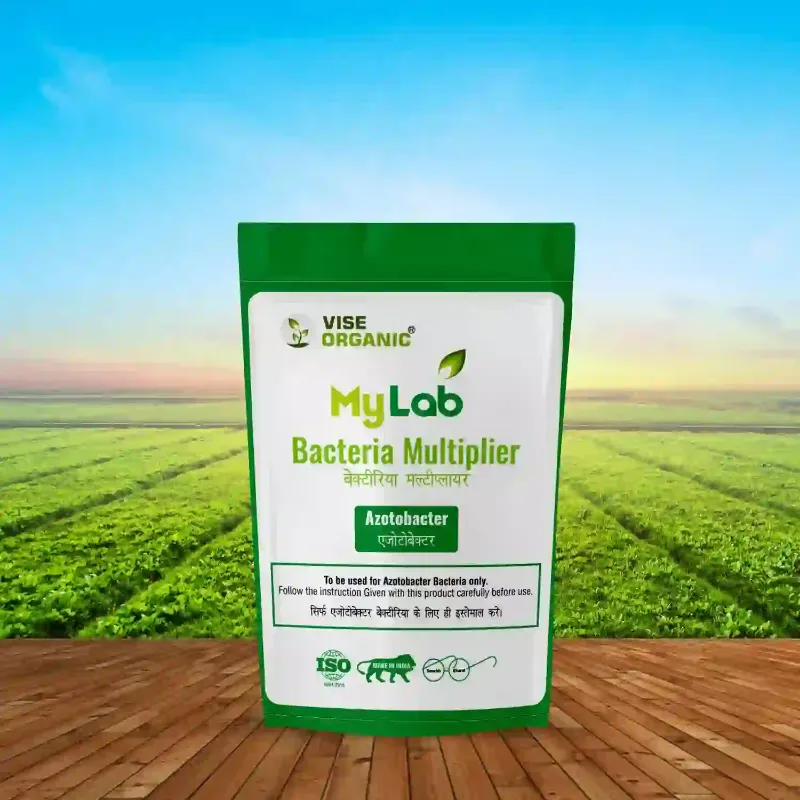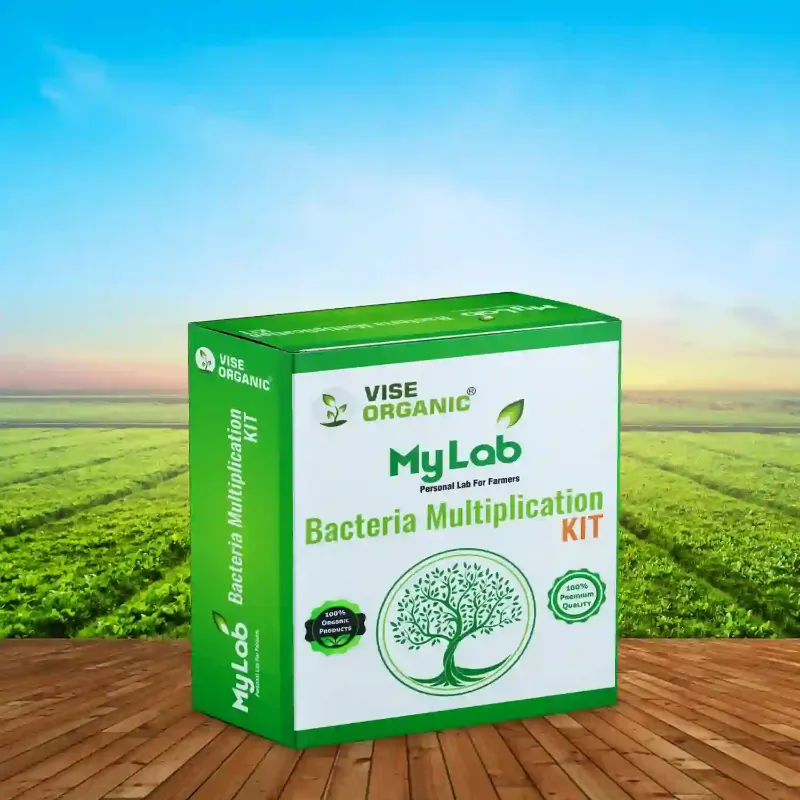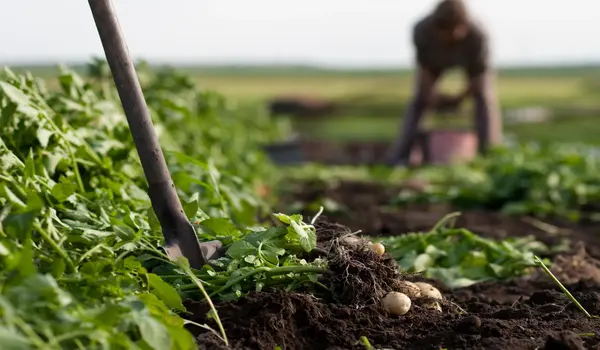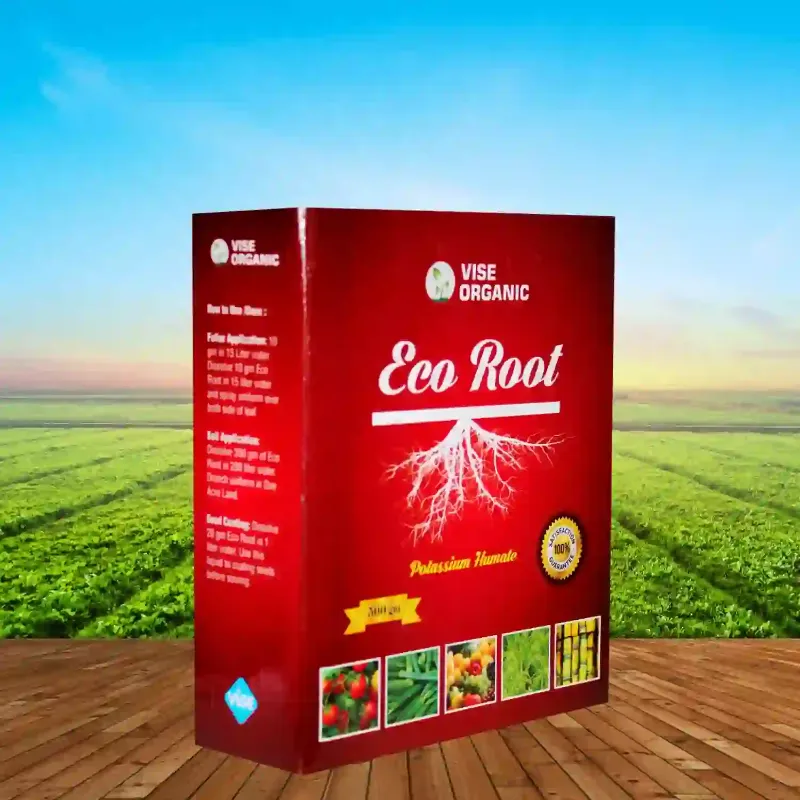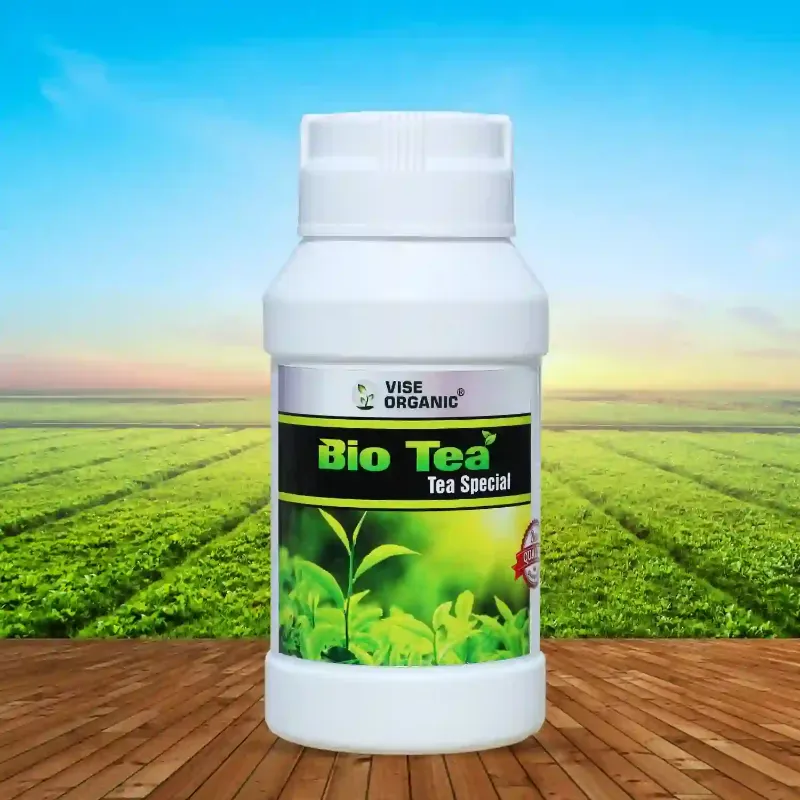Introduction
Vise Organic is dedicated to revolutionizing agriculture through innovative and sustainable practices. As a leader in organic farming solutions, we focus on methods that enhance crop health while addressing environmental challenges. Unicrop Biochem’s range of organic products, including advanced bio-fertilizers and natural pest control solutions, plays a crucial role in mitigating climate change effects. Our products, made from natural ingredients, help reduce greenhouse gas emissions, enhance soil carbon sequestration, and promote eco-friendly farming practices. By integrating these products into farming practices, farmers can improve soil health, reduce dependency on chemical inputs, and minimize the carbon footprint of their agricultural activities. Our solutions support a holistic approach to farming that aligns with environmental sustainability goals and helps combat climate change.
Benefits of Organic Farming
- Reduced Greenhouse Gas Emissions: Minimizes the release of greenhouse gases compared to conventional farming.
- Improved Soil Carbon Sequestration: Enhances soil’s ability to store carbon, reducing atmospheric CO₂ levels.
- Lower Chemical Inputs: Reduces reliance on synthetic fertilizers and pesticides, lessening environmental impact.
- Enhanced Biodiversity: Supports a diverse range of organisms, contributing to ecosystem stability.
- Water Conservation: Improves soil structure and water retention, reducing the need for irrigation.
- Increased Resilience: Builds soil health and plant resilience, helping crops withstand extreme weather.
- Energy Efficiency: Reduces the energy required for producing and applying chemical inputs.
- Sustainable Practices: Encourages practices that maintain long-term environmental health and productivity.
Organic farming offers several key strategies for mitigating climate change effects:
- Soil Carbon Sequestration: Organic farming techniques, such as composting and cover cropping, increase the amount of carbon stored in the soil, which helps offset atmospheric CO₂.
- Reduced Greenhouse Gas Emissions: By avoiding synthetic fertilizers and pesticides, organic farming lowers the emissions associated with their production and application.
- Enhanced Soil Health: Healthy soils from organic practices not only retain more moisture but also reduce runoff, thereby contributing to lower greenhouse gas emissions. Consequently, this leads to better climate resilience.
- Increased Biodiversity: Organic farms support a diverse range of plant and animal life, which enhances ecosystem functions and stability, further contributing to climate resilience.
- Water Efficiency: Improved soil structure from organic farming enhances water retention and reduces the need for irrigation, helping to conserve water resources in the face of climate change.
Conclusion
Organic farming presents a robust solution for mitigating climate change impacts through its emphasis on sustainable practices and environmental stewardship. By enhancing soil carbon sequestration, reducing greenhouse gas emissions, and supporting biodiversity, organic farming contributes significantly to climate change mitigation. The holistic approach of organic farming not only improves soil health and water efficiency but also fosters resilient agricultural ecosystems that can adapt to changing climate conditions. Embracing organic methods is a proactive step towards a more sustainable and climate-resilient agricultural future, benefiting both the environment and future generations.

